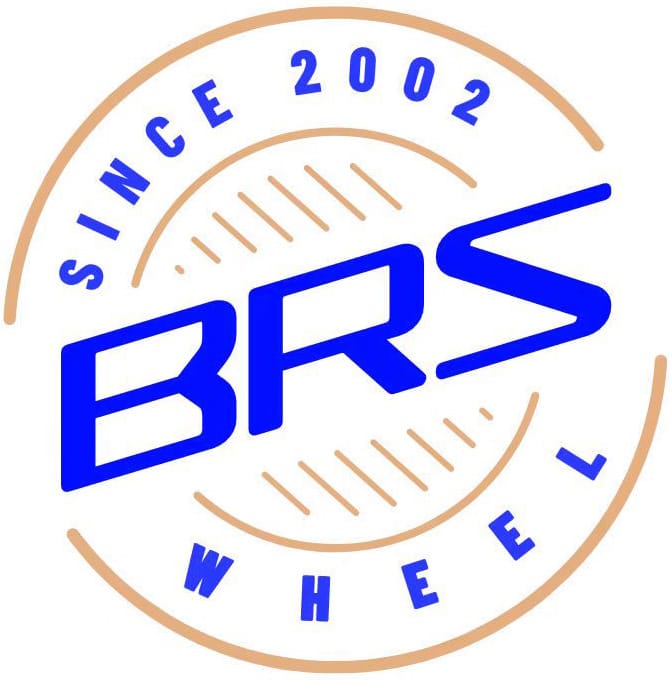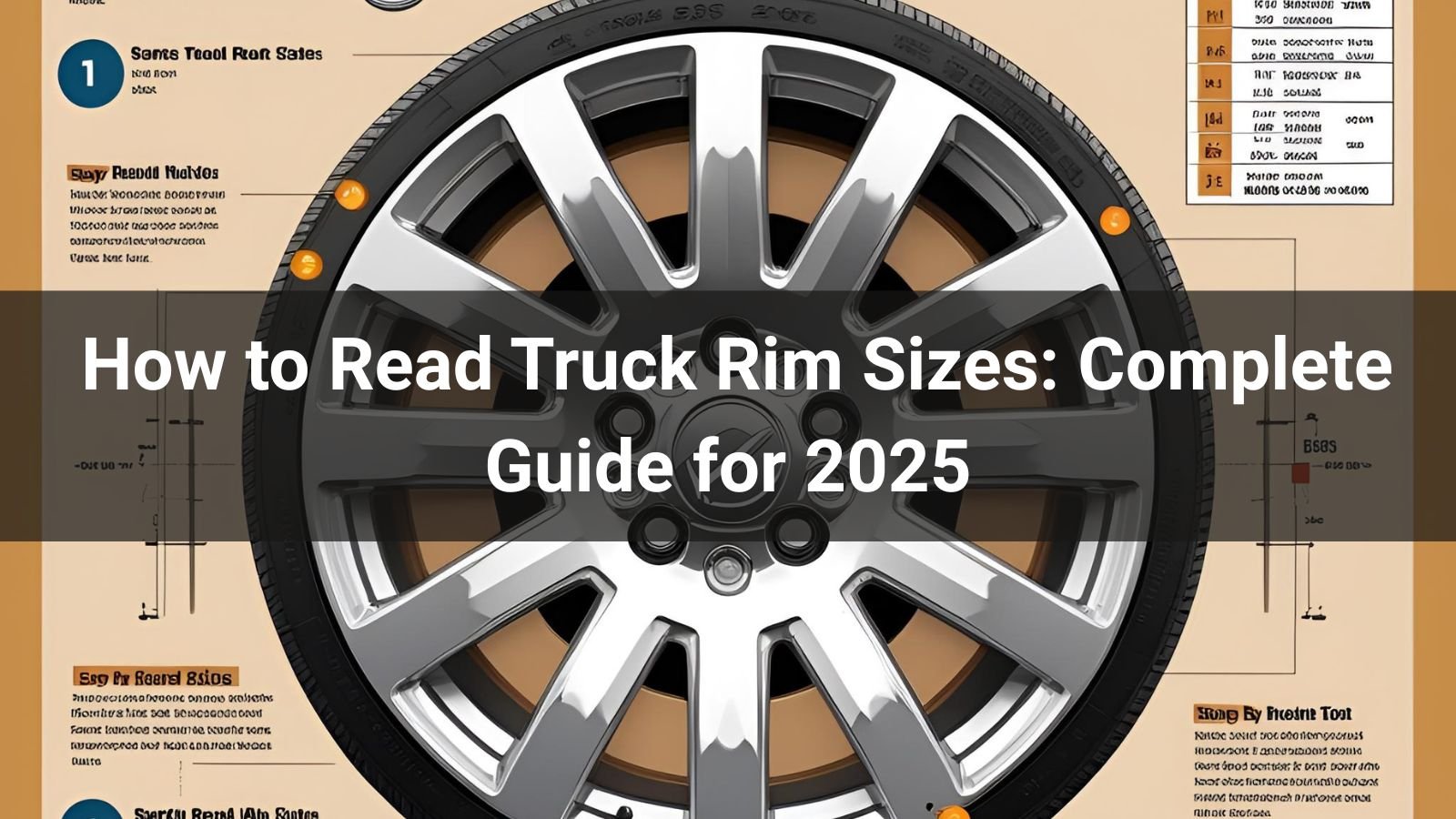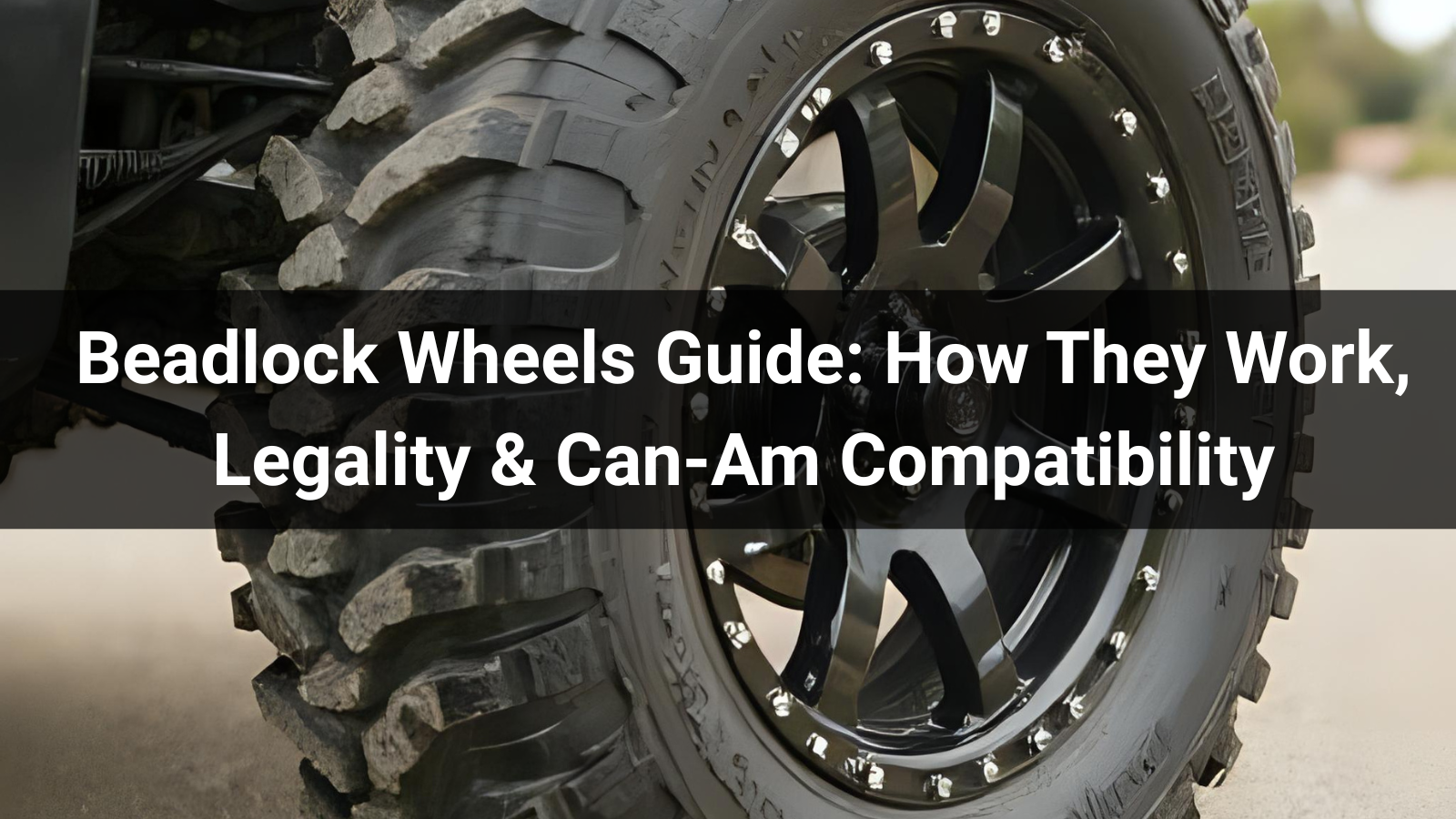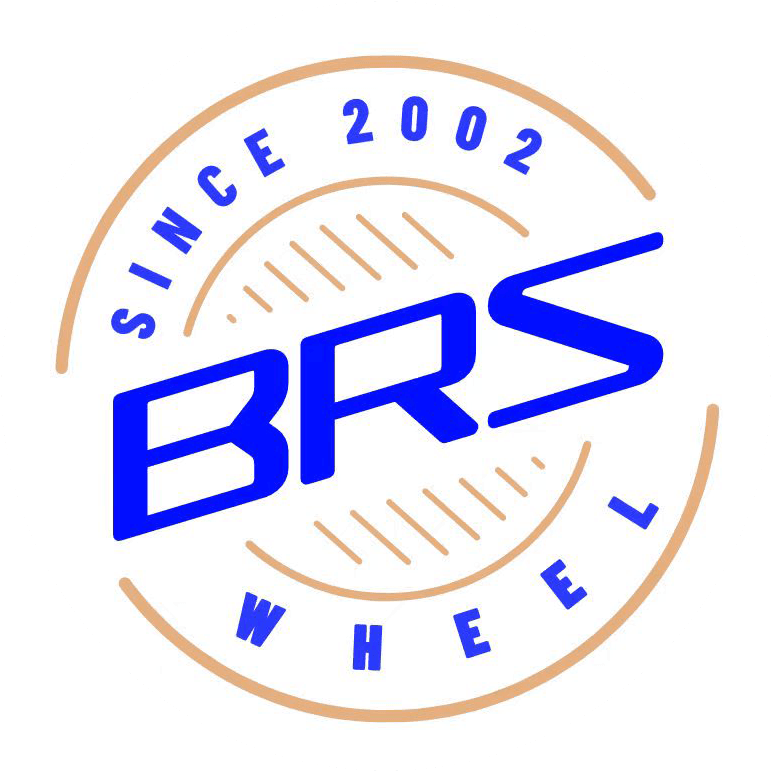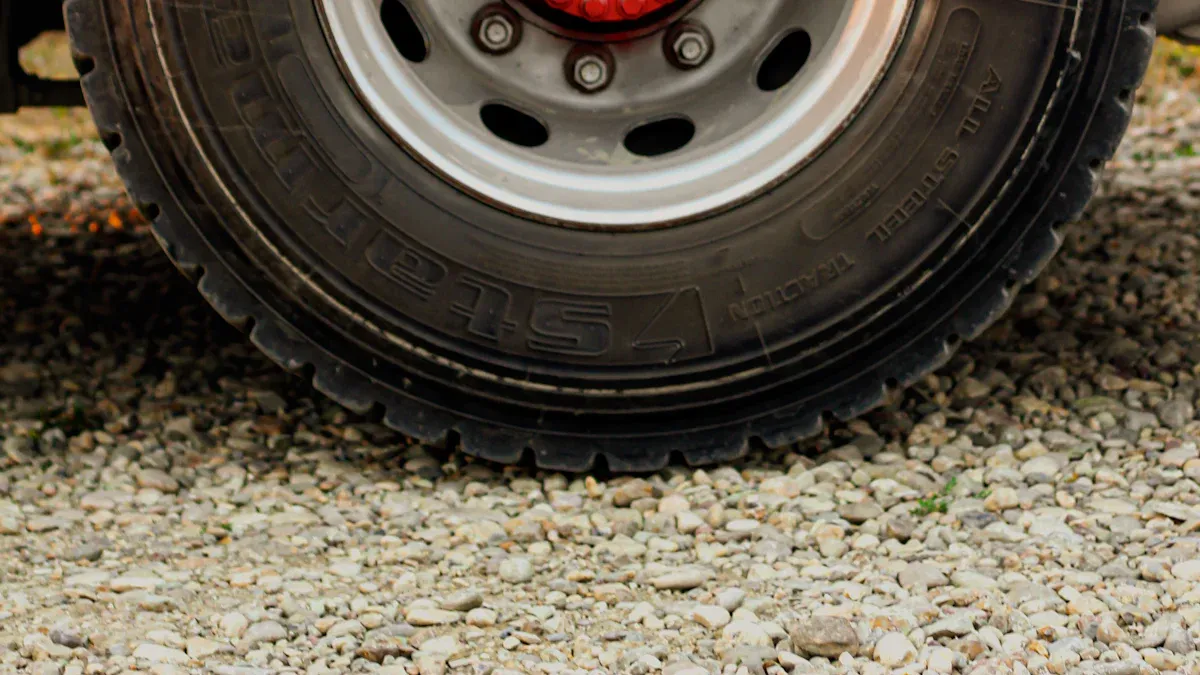
Steel wheels are very strong and can save you money. They work well in winter, so many drivers like them. BRS has many choices, like Steel Trailer Wheels, Steel ATV Rims, Passenger Car Rims, and Steel Agricultural Wheels. Drivers should think about how they use their cars. They should also think about the weather and how much money they want to spend before buying steel wheels. BRS helps people find the right wheels for work, fun, or daily driving.
Key Takeaways
Steel wheels are tough and strong. They work well on bumpy roads. They can carry heavy things. If you take care of them, they last over 10 years.
Steel wheels cost less to buy. They are cheaper to fix than alloy wheels. This makes them good for saving money.
Steel wheels work well in winter. They do not get damaged by salt or snow. They are good on rough ground.
Clean steel wheels often. Use special coatings to stop rust. This helps them look good and last longer.
Think about how and where you drive before picking wheels. Steel wheels are best for work and tough jobs. Alloy wheels are better if you want style or speed.
Steel Wheels Benefits
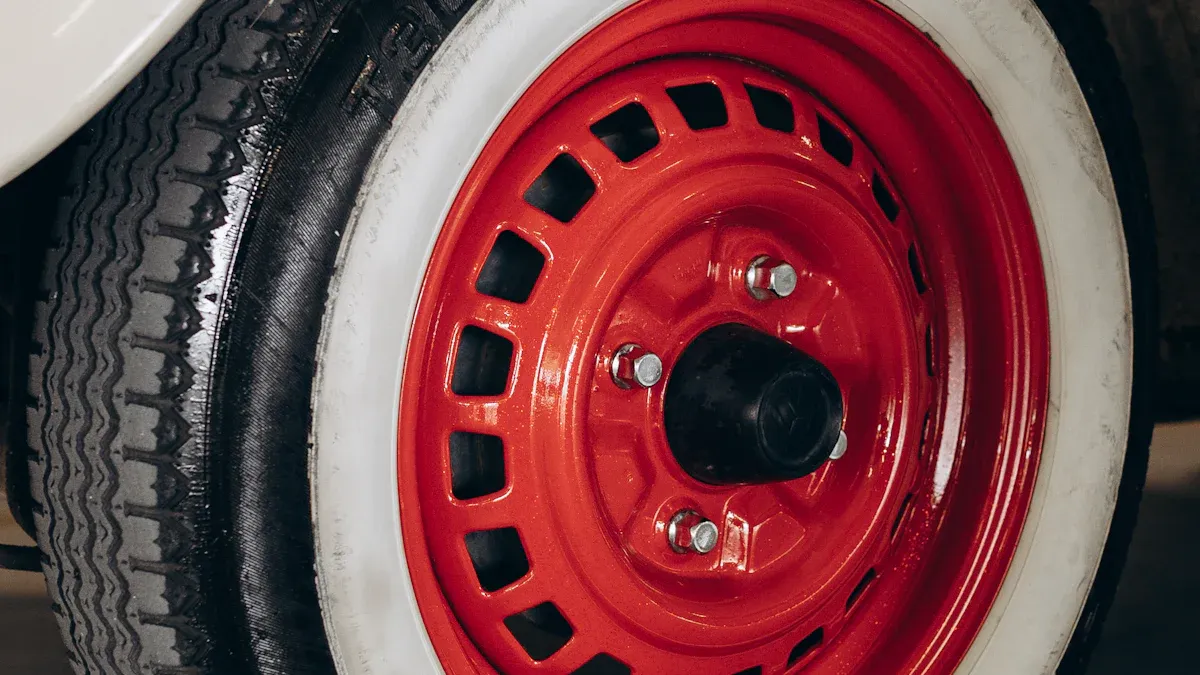
Durability And Strength
Steel Wheels stand out for their toughness. Many drivers choose them because they can handle rough roads and heavy loads. BRS has over 30 years of experience making wheels that last. Their products go through strict tests to make sure they stay strong, even in tough conditions.
Note: BRS uses advanced beadlock technology in some wheels. This helps keep tires in place during off-road adventures.
Studies show that steel wheels have great durability and strength. Here is a quick look at how experts test them:
Aspect | Details |
|---|---|
Study Focus | Comparing steel and alloy wheel rims |
Methodology | CAD modeling and Finite Element Analysis (FEA) |
Parameters Analyzed | Static and dynamic stress, fatigue life under heavy use |
Findings | Steel wheels show strong durability and long fatigue life |
BRS offers steel wheels for cars, trucks, trailers, ATVs, and even farm equipment. This wide range means drivers can find the right fit for almost any job.
Cost-Effectiveness
Steel Wheels help drivers save money. They cost less to buy than alloy wheels. Maintenance and replacement costs are also lower. This makes them a smart choice for people who want value and reliability.
Here is a simple table to compare costs:
Wheel Type | Purchase Cost (per wheel) | Maintenance Cost | Replacement Cost |
|---|---|---|---|
Steel Wheels | 1000 rupees | Lower | Lower |
Alloy Wheels | 12000 rupees | Higher | Higher |
BRS offers many sizes and finishes, so drivers can pick what fits their needs and budget. With proper care, steel wheels can last over 10 years, making them a long-term investment.
Winter And Off-Road Performance
Steel Wheels work well in winter and off-road settings. They are less likely to get damaged by potholes, salt, or grit. Many drivers use them for winter tires because they hold up in harsh weather.
Feature | Steel Wheels |
|---|---|
Durability | Strong choice for winter driving |
Resistance to Damage | Less likely to get hurt by salt and grit |
Corrosion | Less prone to rust than some other materials |
Structural Integrity | Stays strong in tough conditions |
BRS designs some steel wheels with special finishes, like powder-coated or galvanized, to fight rust. Their off-road wheels use beadlock features for extra grip. This makes them perfect for snowy roads or rocky trails.
Easy Repairs And Maintenance
Steel Wheels are easy to fix if they get bent or scratched. Most repair shops can straighten them out or touch up the paint. This is not always true for other types of wheels.
Steel wheels can last 15 to 20 years with good care.
Alloy wheels usually last about 10 years.
BRS tests every wheel for safety and strength. Their wheels are built to handle daily use and rough conditions. Drivers who want simple upkeep often pick steel wheels for peace of mind.
Tip: Regular cleaning and checking for damage help steel wheels last even longer.
BRS offers steel wheels for many vehicles and uses. Their focus on quality and safety means drivers can trust their wheels on any road.
Drawbacks Of Steel Wheels
Weight And Fuel Efficiency
Steel Wheels add extra weight to a vehicle. Heavier wheels make the car work harder. For example:
An 8-inch-wide alloy rim is usually 1.5 to 2.5 kg lighter than a similar steel rim.
On a Toyota Land Cruiser, switching from alloy rims to steel rims increases the weight by 4.2 kg per rim.
Changing to a different alloy rim only adds about 2.2 kg per rim.
Heavier wheels need more energy to spin. Automotive studies show that this extra weight can lower fuel efficiency. The engine uses more fuel to move the car and keep it going. Drivers may notice they need to fill up the gas tank more often when using steel wheels.
Tip: Lighter wheels help save fuel, especially for people who drive long distances.
Style And Customization Limits
Steel Wheels look simple and practical. Many drivers like alloy wheels because they offer more style choices. Here are some differences:
Steel wheels have a more basic, utilitarian appearance.
Alloy wheels come in many designs and finishes.
Alloy wheels are usually more attractive and modern.
People can pick from a wide range of sizes and colors with alloy wheels.
Most drivers who care about how their car looks choose alloy wheels. Steel wheels focus on strength and cost, not style.
Rust And Corrosion Risks
Steel Wheels can rust or corrode over time. Several things cause this problem. The table below shows the most common reasons:
Cause of Corrosion | Description |
|---|---|
Environmental Factors | Moisture, road salts, and chemicals can damage the wheel surface. |
Iron Contamination | Heat from worn brake pads can stick to wheels and cause rust. |
Pitting | Chemicals and moisture create small spots that weaken the wheel. |
Cleaning Products | Strong cleaners can harm protective coatings, making rust more likely. |
UV Light | Sunlight breaks down coatings and lets corrosion start. |
Moisture and Salt Exposure | Wet roads and salt speed up rust and corrosion. |
Drivers can protect their wheels with special coatings. Some popular options include:
Product Name | Description |
|---|---|
PROTECTACLEAR | Restores metal shine and guards against rust. |
CROBIALCOAT PROJECTS | Covers steel wheels to block corrosion. |
KBS UnderCoat | Rubber coating that shields against rust, especially in wheel wells. |
Rust Preventive Coating | High-performance layer that keeps steel surfaces safe from rust and corrosion. |
Note: Regular cleaning and using protective coatings help steel wheels last longer.
Steel Wheels vs Alloy Wheels
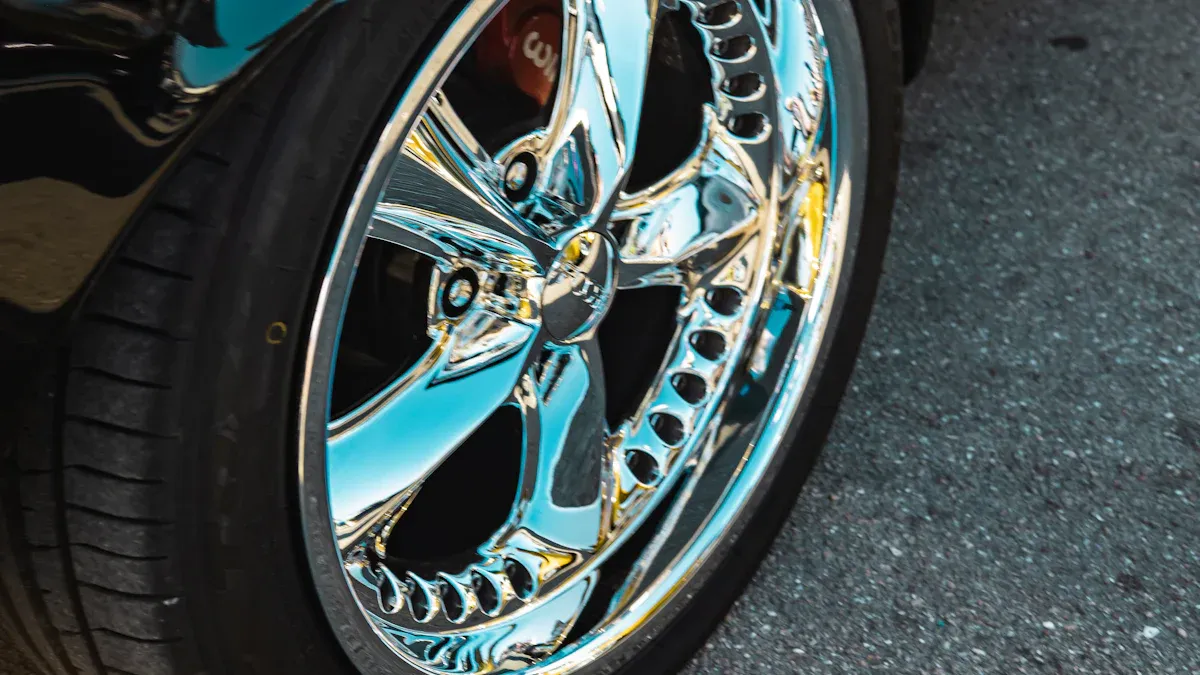
Performance Differences
Drivers often notice a big difference in how their vehicle feels with steel wheels compared to alloy wheels. Alloy wheels are lighter. This lighter weight helps cars speed up faster and stop more quickly. Many drivers say their car handles better with alloy wheels, especially when turning or driving on twisty roads.
Alloy wheels improve acceleration.
Braking feels smoother and needs less effort.
Handling is sharper, giving drivers more control.
Alloy wheels help save fuel because they weigh less.
Alloy wheels also cool down faster during hard braking. This helps brakes last longer and keeps the car safer. The table below shows how each type handles heat:
Wheel Type | Heat Dissipation Efficiency |
|---|---|
Alloy | More efficient |
Steel | Less efficient |
Appearance And Style
Style matters to many drivers. Alloy wheels come in many shapes, colors, and finishes. People can pick from classic, sporty, or modern looks. Steel wheels usually look plain and may need hub caps to cover them. Most drivers who want their car to stand out choose alloy wheels.
Alloy wheels offer endless style options.
Steel wheels have simple designs and fewer choices.
Many drivers care most about how their wheels look.
A recent survey found that 70% of buyers think looks are very important when picking wheels. Alloy wheels win in this area with their sleek and shiny designs.
Maintenance Needs
Steel wheels are tough and can handle bumps and scrapes. They do not get dirty as fast as alloy wheels. Most repair shops can fix them easily if they bend. Alloy wheels need more cleaning because dirt and brake dust stick to them. They can also get scratched more easily.
Feature | Alloy Wheels | Steel Wheels |
|---|---|---|
Durability | Less durable | More durable |
Cleaning Needs | Needs frequent cleaning | Needs less cleaning |
Repairability | Easy to repair scratches | Easy to fix bends |
Cost | More expensive | Cheaper |
Cost Comparison
Price is a big factor for many people. Steel wheels cost less to buy. They are a good choice for drivers who want to save money. Alloy wheels cost more, especially if they are custom or forged.
Wheel Type | Price Range |
|---|---|
Steel | $50 – $150 |
Alloy | $125 – $500 |
Drivers who want a budget-friendly option often pick steel wheels. Those who want style and better performance usually choose alloy wheels.
When To Choose Steel Wheels
Best Use Cases
Drivers often pick steel wheels when they need something tough and reliable. These wheels work well for vehicles that face rough roads, heavy loads, or off-road trails. Many people use them on trucks, trailers, ATVs, and farm equipment. BRS makes steel wheels for all these vehicles, offering sizes from 6 inches to 18 inches. Their ATV wheels help riders handle bumpy paths and muddy fields. For trailers, BRS wheels support heavy cargo and keep things stable during long trips. Farmers trust BRS agricultural wheels for tractors and other machines because they grip soft ground and last a long time.
Here are some situations where steel wheels shine:
Off-roading on rocky or muddy terrain
Carrying heavy loads in trucks or trailers
Farming and working in fields
Driving in places with lots of potholes or rough roads
Seasonal And Regional Factors
Winter weather can be tough on wheels. In cold regions, drivers often switch to steel wheels for the season. These wheels resist damage from road salt and snow. Many people use them with winter tires because they are easy to swap out. Steel wheels also cost less, so drivers do not worry as much about scratches or rust from harsh weather. In places like South America, steel wheels are popular because they handle rough roads and changing weather well. North America and Europe also see steady demand, especially in areas with snowy winters.
A quick look at why drivers choose steel wheels in winter:
Less likely to get damaged by salt and snow
Easy to change with winter tires
Cost-effective for seasonal use
Who Should Avoid Steel Wheels
Not every driver needs steel wheels. People who care most about style or want the lightest wheels for better speed may prefer other options. Sports car owners or those who drive mostly on smooth city roads might not need the extra strength steel wheels offer. For those who want a flashy look or the best fuel savings, alloy wheels could be a better fit.
Tip: Think about your daily driving, the weather in your area, and what matters most to you before choosing new wheels.
Buying Tips For Steel Wheels
What To Look For
Choosing the right steel wheels can make a big difference for your car, truck, or ATV. Drivers should think about what matters most for their vehicle and driving style. Here is a quick table to help compare important features:
Feature | Description |
|---|---|
Durability | Handles rough roads and resists bending. |
Weight | Heavier than other wheels, which can change how the car feels. |
Cost | Budget-friendly and great for everyday use. |
Maintenance | Needs care to stop rust from forming. |
Suitability | Works well for off-road and winter driving. |
Many drivers pick steel wheels because they last a long time and do not crack easily. If a wheel gets damaged, it usually bends instead of breaking, which makes repairs simple. BRS offers a wide range of sizes and finishes, so drivers can match their wheels to their needs and style.
Where To Buy
Drivers can find steel wheels at auto shops, online stores, and through trusted brands. BRS stands out because they have over 30 years of experience and offer wheels for cars, trucks, trailers, ATVs, and farm equipment. Their products are available in more than 40 countries, making it easy to find the right fit almost anywhere. BRS also lets customers pick from different finishes, like powder-coated or chrome, to match their vehicle’s look.
Tip: Always check that the wheels fit your vehicle’s size and load needs before buying.
Installation And Care
Proper installation and care help steel wheels last longer. Here are some best practices:
Clean wheels often to remove dirt, salt, and road debris.
Check for dents or rust spots every few months.
Use protective coatings or rust-resistant paint to keep wheels looking new.
Regular cleaning and quick repairs can stop small problems from getting worse. Drivers who follow these steps enjoy safe and good-looking wheels for years.
Steel wheels offer strength, value, and easy care. Drivers who face rough roads, heavy loads, or winter weather often choose them. BRS gives many choices for cars, trucks, ATVs, and more. Each driver should think about their needs and budget before buying.
Tip: Compare the pros and cons, then check out BRS for trusted steel wheels. The right choice can make every drive safer and smoother.
FAQ
What vehicles can use BRS steel wheels?
BRS steel wheels fit many vehicles. Drivers use them on cars, trucks, trailers, ATVs, and farm machines. BRS offers sizes from 6 to 18 inches. Most people find a match for their needs.
How do you keep steel wheels from rusting?
Drivers should clean wheels often and use protective coatings. BRS offers powder-coated and galvanized finishes. These finishes help stop rust. Regular care keeps wheels looking new.
Are steel wheels good for winter driving?
Yes, steel wheels work well in winter. They resist damage from salt and snow. Many drivers use them with winter tires. BRS steel wheels stay strong in cold weather.
Can you repair a bent steel wheel?
Most repair shops can fix bent steel wheels. The metal bends instead of cracking. This makes repairs simple and affordable. Many drivers like this easy fix.
Where can you buy BRS steel wheels?
BRS steel wheels are available worldwide. Drivers find them at auto shops, online stores, and through BRS partners in over 40 countries.
Tip: Always check the size and fit before buying new wheels.
